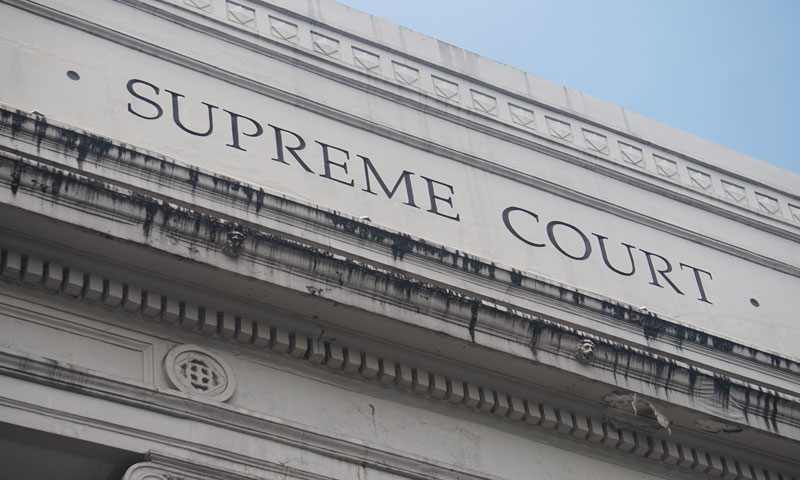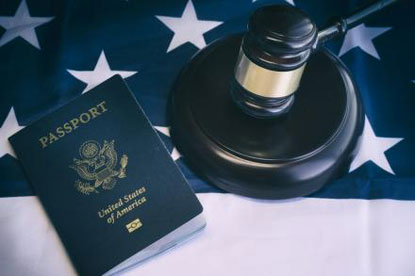Summary: Facing accreditation problems, the alumni at North Carolina Central University School of Law are waiting to see what they can do to help the situation.
With the deadline looming, North Carolina Central University School of Law alumni are preparing to see how their school answers the American Bar Association’s request for an update on their admission standards. The ABA accrediting committee gave the school a February 1 deadline for a report on their accreditation issues before the requested June meeting.
The law school’s alumni were anticipating problems when they learned that just over a third of their 2016-17 class had not made it. President of the School of Law Alumni Association and a lawyer in Durham, Greg Doucette, told the Herald Sun that they are waiting to help the school in whatever way they can. He said, “Once we’ve got a handle on what’s actually taking place, and what the administration’s response is going to be, then we can figure out how best we can help.” The alumni can greatly affect how the school fares by fundraising or helping out students with bar exam prep.
While the notice to NCCU from the ABA does not go into detail on what standard they are out of compliance with, it is suspected it pertains to the rule to “only admit applicants who appear capable of satisfactorily completing [a] program of legal education and being admitted to the bar.” The school’s first-year attrition rate and its low bar passage rate are a concern.
Attrition rates include enrollment, incoming student test scores, incoming student undergraduate grades, faculty size, and other factors. The lower the rate the better. NCCU law’s attrition rate for first-year students ranges between 20 and 30 percent for four years before jumping to 34.3 percent in 2016 and 37.7 percent in 2017. NCCU’s 2017 attrition rate takes into account that 69 students were lost from the class of 183. Doucette added, “We knew something was bad, we just didn’t know what was coming. None of us knew officially what was going on.”
NCCU has different admittance standards and grading philosophy than the other law schools in the area. The school is considered “a school of opportunity” so washouts are common. NCCU grades on a “C curve” and requires students to maintain a 2.0 average. The other law schools in the area, UNC-Chapel Hill and Duke University, grades on a “B curve” but require higher GPA’s to apply to the school. UNC requires their students to keep a 2.2 minimum grade-point average, while Duke has a much lower minimum for its students, a 1.9 GPA. UNC and Duke have a lot fewer of their students washout from their programs, plus their attrition rates have never reached above ten. UNC’s top rate has been a 9.7 percent, while Duke’s has not reached over 3.2 percent.
Doucette explained that NCCU’s policy “contributes to a feeling among the students there’s a real prospect they could go home if they don’t get their [act] together. Students at Carolina and Duke know they’re going to get a quality education, but they also know they’re not going home.”
A 2001 graduate put it another way, “Central’s law school prepares students for the real world, and the real world is not a comfortable place. As such, a Central student is guaranteed one year of school but not three.”
A lot of the differences in how the three law schools run come from each school’s history. UNC is the oldest public university in the country. NCCU is a historically black university, founded during a time when black and white students could not attend school together.
Do you think the alumni can have that much effect on a school’s success and accreditation? Share your thoughts with us in the comments below.
To learn more about NCCU’s problems, read these articles:
- ABA Finds NCCU Law Not in Compliance
- ABA Publishes Letters on Law School Accreditation Statuses
- Law School Graduates in North Carolina Facing Rough Job Market
Photo: law.nccu.edu






 (1 votes, average: 4.00 out of 5)
(1 votes, average: 4.00 out of 5)







































